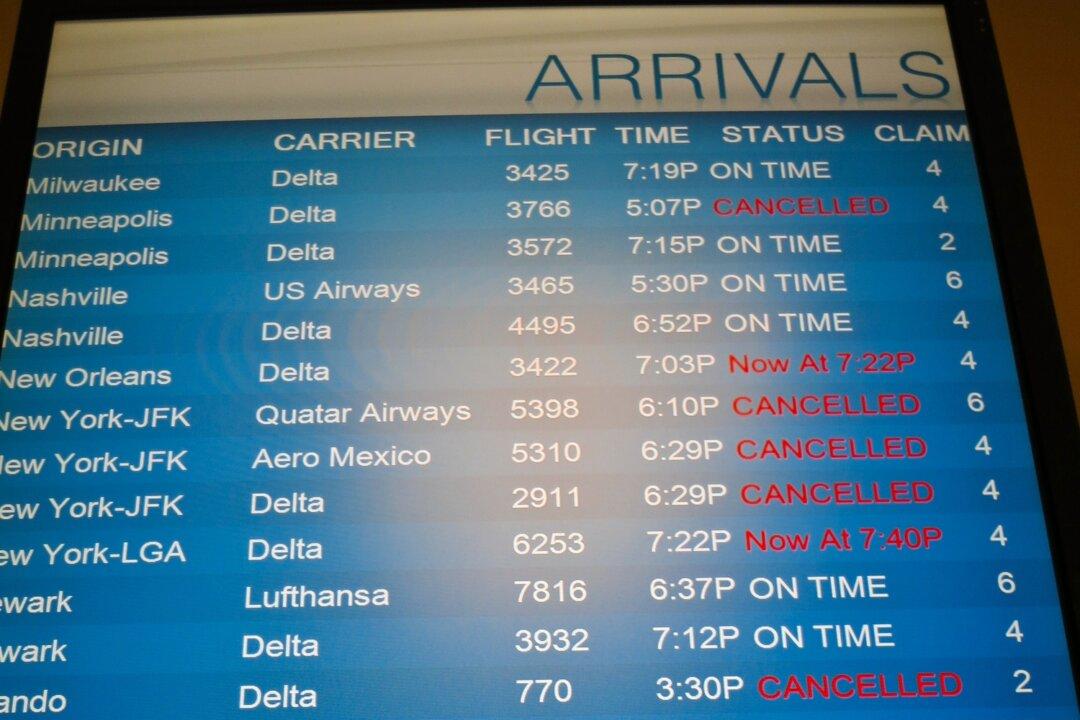Cole Porter, in a different universe, might have written a song, “Another agony, another trip,” with lines something like these:
Four weeks and you think it’s a curse;

Cole Porter, in a different universe, might have written a song, “Another agony, another trip,” with lines something like these:
Four weeks and you think it’s a curse;